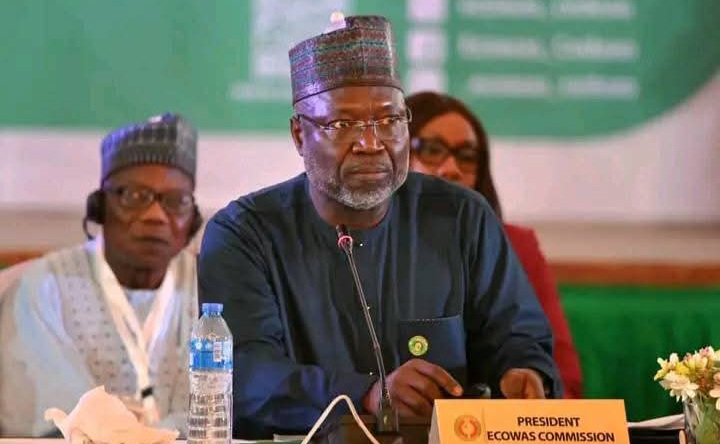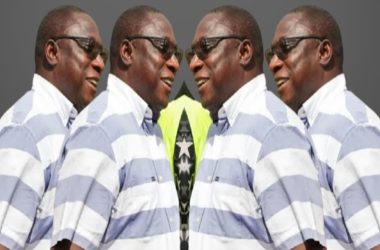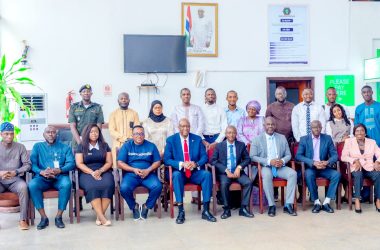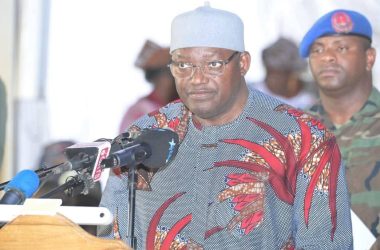The Economic Community of West African States (ECOWAS) is pressing ahead with plans to launch a single regional currency, the “Eco,” by 2027, marking a major push toward economic integration among its member states.
The confirmation came from Dr. Omar Alieu Touray, President of the ECOWAS Commission, during an official visit to the State House in Banjul. Dr. Touray described the Eco as a key part of the bloc’s strategy to promote regional trade and long-term economic stability.
“We are working towards a single currency by 2027. All the necessary frameworks and technical groundwork are being put in place,” Dr. Touray said. “This will strengthen regional integration and boost our economic standing globally.”
The Eco has been in development for years but has faced repeated delays, largely due to economic disparities among member states and challenges in meeting convergence criteria. These criteria still being finalised are intended to ensure macroeconomic stability before the currency is adopted across the region.
Dr. Touray acknowledged that political will and cooperation will be essential to meeting the 2027 goal. Discussions are ongoing among heads of state to align national policies with the broader ECOWAS vision.
The currency project is part of a broader agenda to deepen regional unity, including continued enforcement of ECOWAS protocols on the free movement of people, goods, and services. Despite recent turbulence namely the withdrawal of Mali, Burkina Faso, and Niger ECOWAS remains firm in its commitment to integration.
“We are committed to peace, security, and economic development,” Dr. Touray added. “The exit of some member states is unfortunate, but our focus remains on moving forward with the larger vision for West Africa.”
Established in 1975, ECOWAS comprises 15 member countries, although the recent exit of three states has tested the group’s cohesion. The proposed Eco currency is seen as a step toward reducing reliance on foreign currencies in regional trade and lowering transaction costs.





